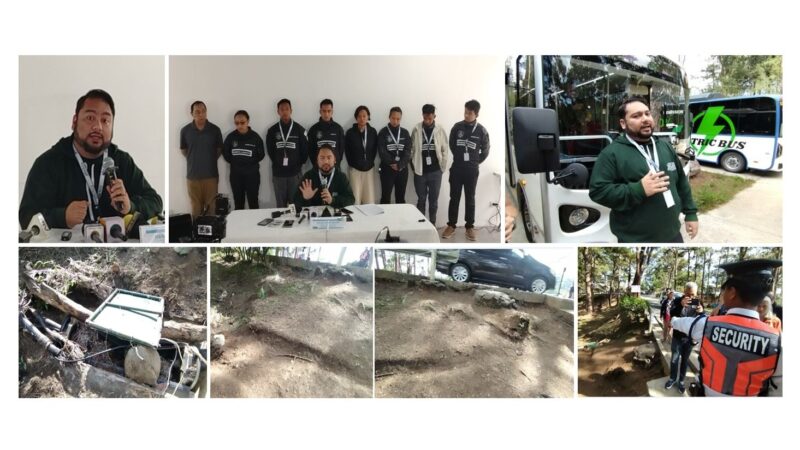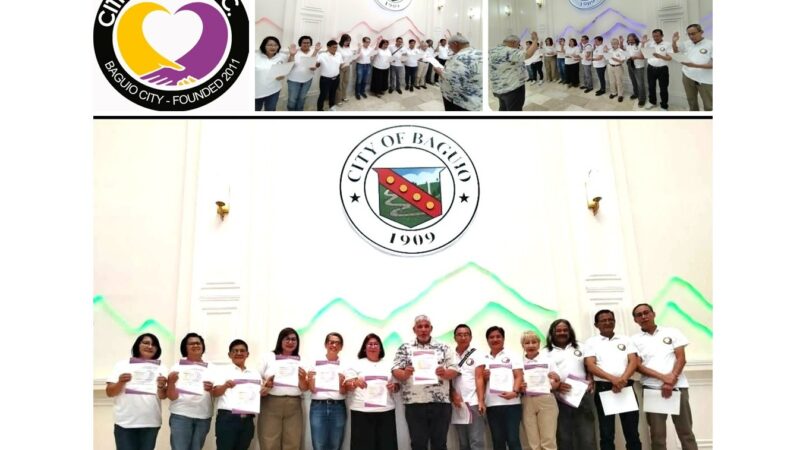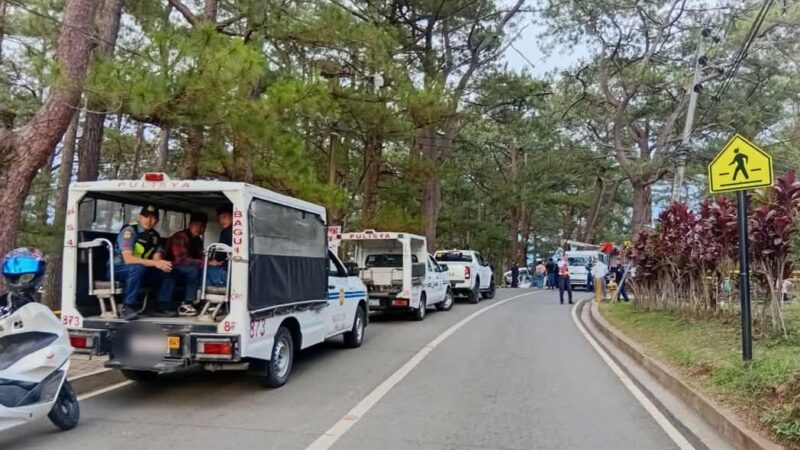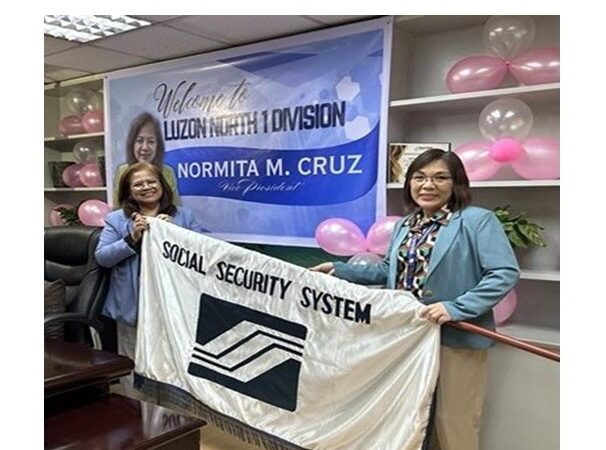Baguio’s CMBS and digital twin program towards livable cities

The Community-based monitoring system (CBMS) piloted in the city from October to December 2021 and Digital Twin project play significant roles in simulation, planning and risk reduction management; through the uncovering of urban patterns, trends and correlations through big data analytics.
This is according to City Planning Development and Sustainability Office coordinator Archt. Donna Rillera-Tabangin, during the turn-over of the CBMS datasets at the Baguio Cultural and Convention Center recently.
Mayor Benjamin Magalong, City Administrator Bonifacio de la Pena, Department of Interior and Local Government (DILG) City Director |Millicent Carino, Archt. Tabangin and other officials received the documents from USec and National Statistician Clair Dennis Mapa, and ASec Kristine Briones.
Data collected through CBMS were on the following aspects: crime victimization, health, entrepreneurial and household sustenance activities, demographic characteristics, water, sanitation and hygiene, climate change and disaster risk management agriculture and fishery activities, housing characteristics, food consumption expenditure, e-commerce and digital economy, social protection programs, education and literacy, financial inclusion, migration, community and political participation, food security and family income.
Statistics generated would be indispensable for local planners and data is the basis for revised policies, interventions and implementables responsive to the needs and priorities of the community.
From the digital twin project, Tabangin showed data on land cover, building occupancy, density, climate, and disaster risk assessment; Baguio’s replica recreated for simulation, dynamic monitoring, real-time diagnosis, and accurate prediction of the city’s state.
Officials present during the data set turn-over also acknowledged the significance of statistics, especially in making developmental decisions for local government units.
In his message during the event, Mayor Magalong exhorted the use of generated analytics from the gathered technical data, both from the CBMS and digital twin; responsiveness and relevance to the envisioned livable communities.
Tabangin presented Baguio’s sustainable urban development through the inter-connectivity and interoperability of Smart Sustainable Baguio and Urban Digital twin.
From this, a vision of livable cities is developed. Tabangin enumerated the conditions as: a healthy place for physical and mental health; with food sources and clean water source; safe and secure from crime and hazards; with mobility choices, and walkable; employs mixed zoning with essential businesses; with community open spaces, public art and cultural activities; inclusive – serves residents of all ages and (dis)abilities; and provides opportunities for civic, entrepreneurial, and social life. – JGFianza






